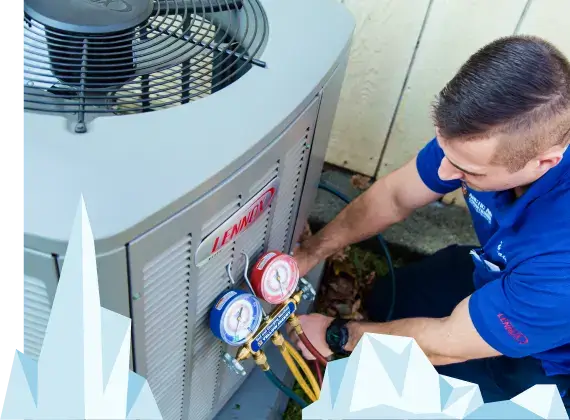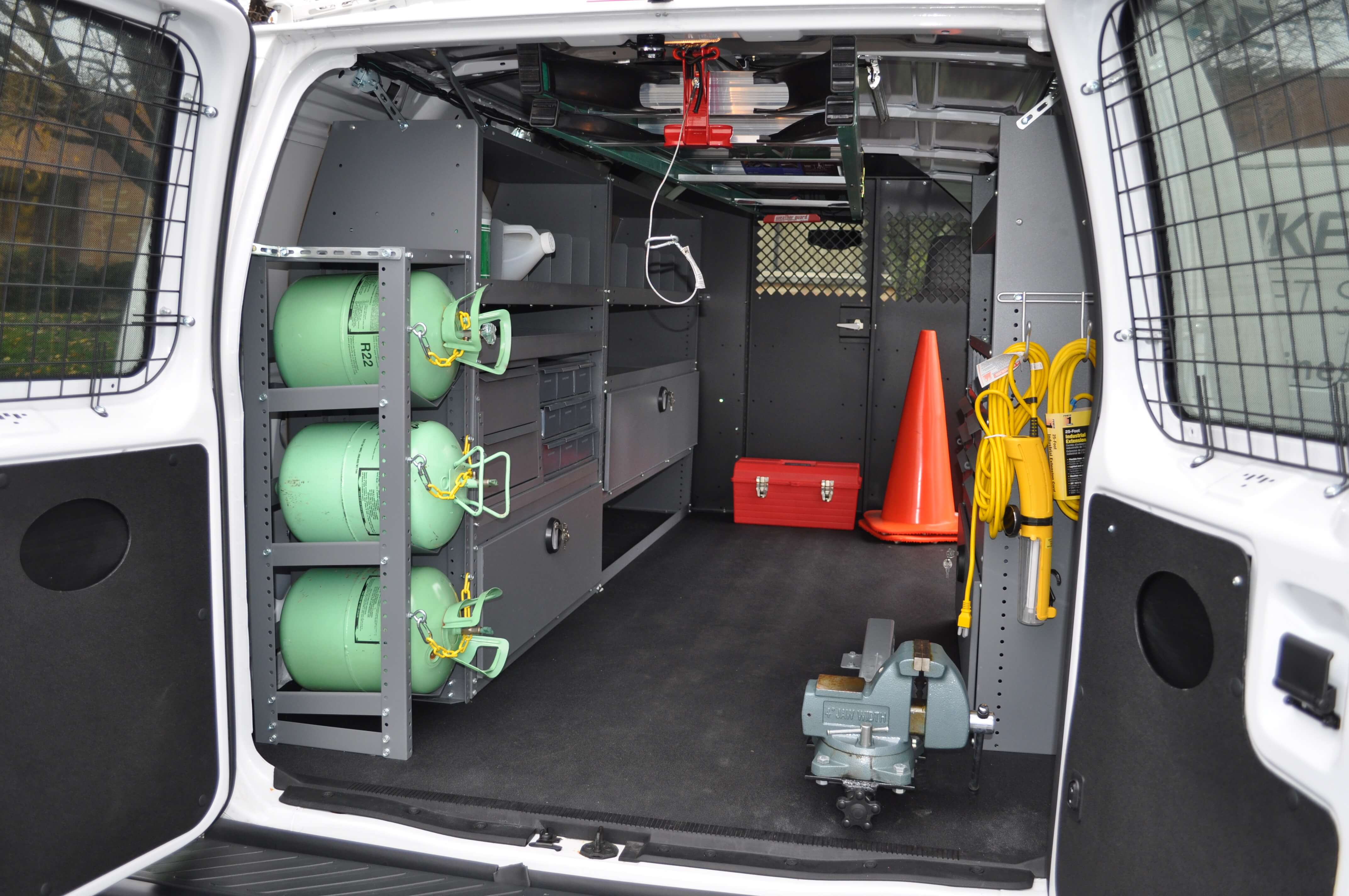Schedule a Maintenance Visit Today with DMAKS HVAC Experts.
Schedule a Maintenance Visit Today with DMAKS HVAC Experts.
Blog Article
Energy-Efficient Heating And Cooling Equipments to Minimize Utility Costs
As energy costs remain to climb, the significance of energy-efficient a/c systems comes to be significantly apparent. These systems not only assure significant financial savings on utility costs yet also contribute to an extra sustainable future by decreasing power consumption. With numerous options available, including geothermal heatpump and ductless mini-splits, building proprietors deal with a wide range of options that can improve comfort and air quality. Understanding the crucial features and upkeep demands is vital to taking full advantage of these benefits. What aspects should be focused on when picking the right system for your needs?
Advantages of Energy-Efficient A/c Solutions
Energy-efficient Cooling and heating systems use countless advantages that extend past mere cost savings. By consuming much less power, these systems contribute to reduce greenhouse gas emissions, helping to fight climate change and promote sustainability.
Furthermore, energy-efficient HVAC systems frequently supply enhanced convenience degrees. Most of these systems include advanced technology that enables far better temperature control and enhanced air top quality (DMAKS HVAC). This leads to a healthier interior environment, which is especially essential for individuals with allergic reactions or respiratory system issues
Furthermore, buying energy-efficient HVAC systems can boost residential property worth. As even more consumers prioritize power performance, homes and buildings equipped with these systems might bring in greater proposals in the property market.
Kinds Of Energy-Efficient Cooling And Heating Options
Just how can property owners and businesses choose one of the most appropriate energy-efficient a/c options for their demands? The market provides a variety of energy-efficient a/c systems, each developed to improve convenience while reducing power intake.
One alternative is the variable refrigerant circulation (VRF) system, which successfully controls the temperature level in several zones within a building. This system adapts its refrigerant circulation to match the wanted temperature, resulting in considerable energy cost savings.
Another preferred choice is geothermal warmth pumps, which make use of the planet's stable temperature level to warm and awesome rooms. By transferring heat to and from the ground, these systems show outstanding efficiency, especially in moderate environments.
In addition, ductless mini-split systems supply an energy-efficient alternative for homes doing not have ductwork. These systems enable zone-specific heating & cooling, minimizing energy waste in vacant locations.
Lastly, high-efficiency heating systems and air conditioners, with sophisticated SEER and AFUE rankings, supply trusted climate control while taking in much less energy than standard models. By examining these alternatives, property owners and services can select a cooling and heating system tailored to their particular requirements and power effectiveness goals.
Trick Features to Take Into Consideration

Following, examine the kind of compressor made use of in the system. DMAKS HVAC. Variable-speed compressors can readjust their output to match the heating or cooling need, bring about improved convenience and energy savings compared to single-speed models. Furthermore, look for systems furnished with smart thermostats that use programmable settings and remote gain access to, permitting for much better control over power consumption
One more important attribute my blog is the system's air purification capacity. High-efficiency filters can boost indoor air quality and decrease energy consumption by making certain the system operates efficiently. Additionally, consider the type of refrigerant made use of; modern systems typically employ environmentally friendly refrigerants that have a lower ecological effect.
Last but not least, make certain that the system is compatible with zoning innovation, which allows for tailored find here temperature control in various areas of your home, improving comfort while lessening power usage.
Tips for Choosing the Right System


Following, take into consideration energy effectiveness scores, particularly the Seasonal Energy Performance Ratio (SEER) for cooling down systems and the Yearly Gas Utilization Efficiency (AFUE) for heater. Higher scores indicate greater effectiveness, which can result in considerable savings on utility costs gradually.
Additionally, examine the sort of cooling and heating system that best fits your way of living and budget. Choices include main air conditioning, ductless mini-splits, and warmth pumps, each with its very own collection of advantages and downsides.
Do not overlook the significance of proper installation and sizing; an inaccurately sized system can result in inefficiencies and boosted wear. Lastly, seek advice from with a specialist cooling and heating specialist to get professional suggestions tailored to your home's unique needs. This detailed method will certainly guarantee that you pick an energy-efficient heating and cooling system that meets your demands and budget successfully.
Upkeep for Optimal Performance
As soon as the appropriate heating and cooling system is in place, recurring upkeep becomes vital to making certain optimum performance and long life. A well-maintained system runs better, leading to reduced power usage and minimized energy costs. Normal examinations and tune-ups ought to be arranged at the very least twice a year-- when before the cooling period and once prior to the heating season.

House owners ought to additionally be attentive about monitoring their a/c system's performance. Unusual sounds, varying temperature levels, or raised power bills can indicate underlying concerns that require prompt attention. By attending to these issues without delay, homeowners can prevent costly repair work and prolong the life expectancy of their systems.
Buying an upkeep strategy with a certified technician not just boosts performance but additionally offers peace of mind, recognizing that the system is running at its best. DMAKS HVAC. Normal upkeep is for that reason crucial for maintaining energy performance and reducing overall operational costs
Conclusion
To conclude, energy-efficient HVAC systems present a viable service for lowering utility bills while enhancing convenience and air quality. By integrating advanced technologies and options such as geothermal heat pumps and ductless mini-splits, homeowner can accomplish substantial power financial savings and add to environmental sustainability. Careful factor to consider of system attributes and continuous maintenance additionally guarantees optimum efficiency, making energy-efficient systems a sensible investment for both financial and environmental benefits.
Report this page